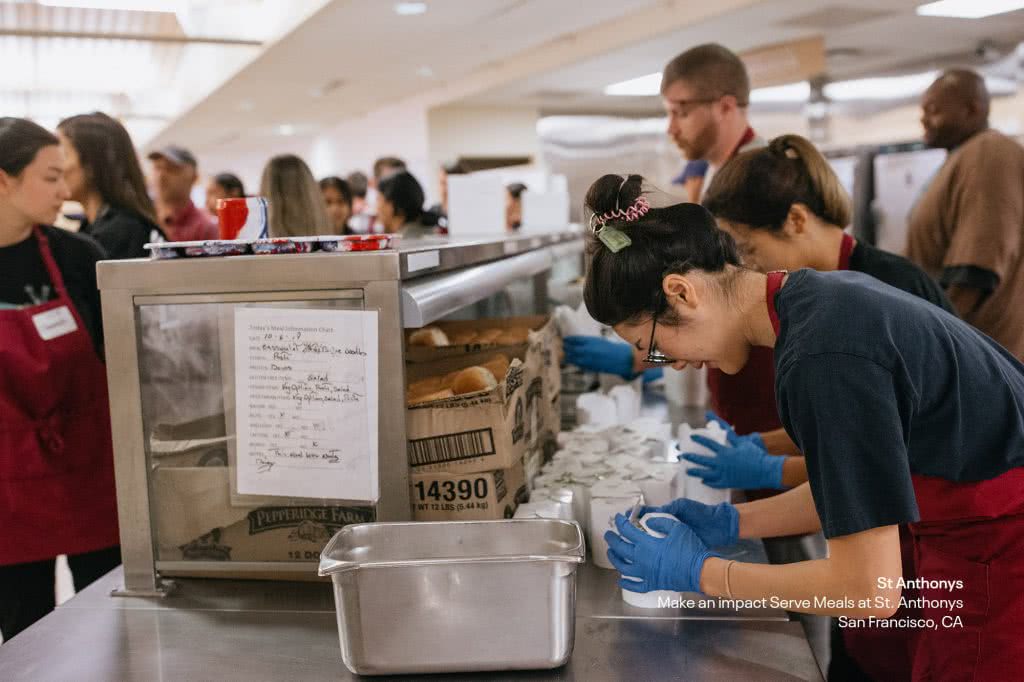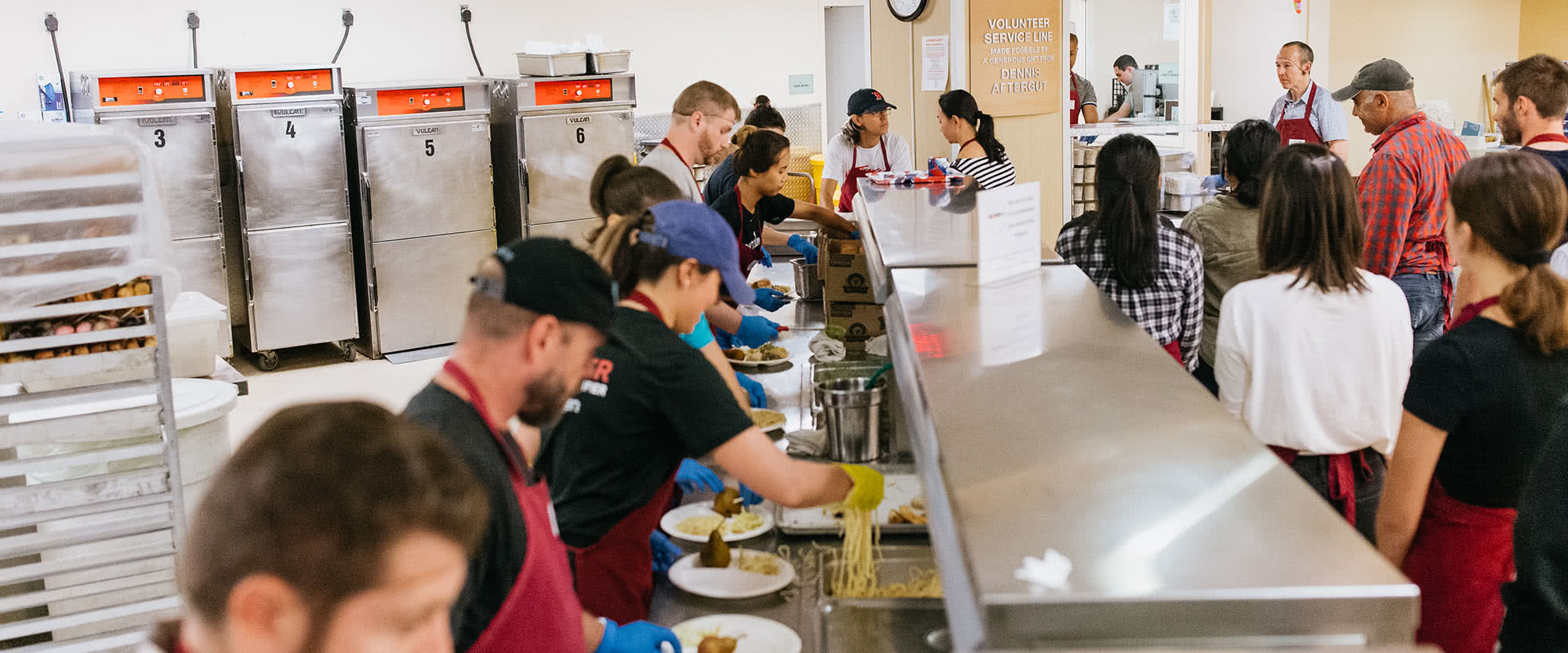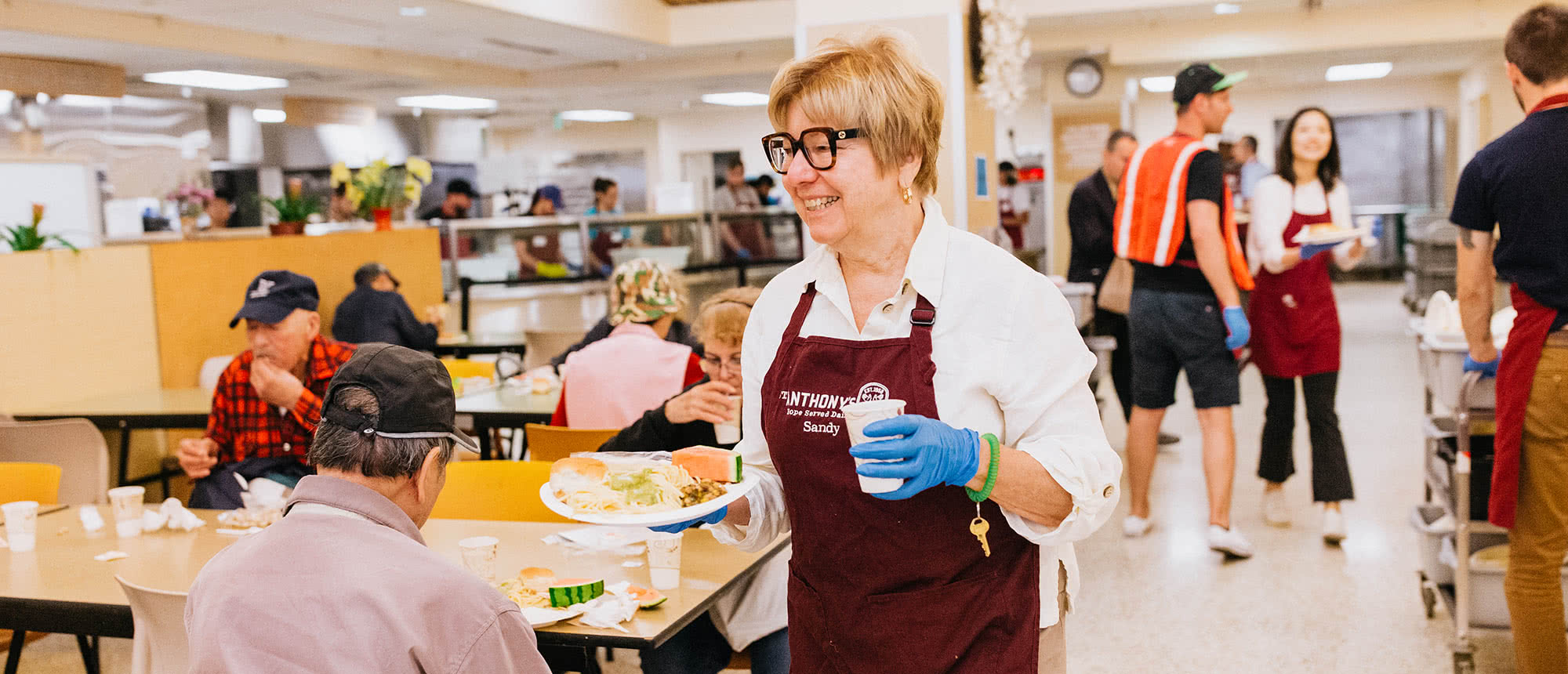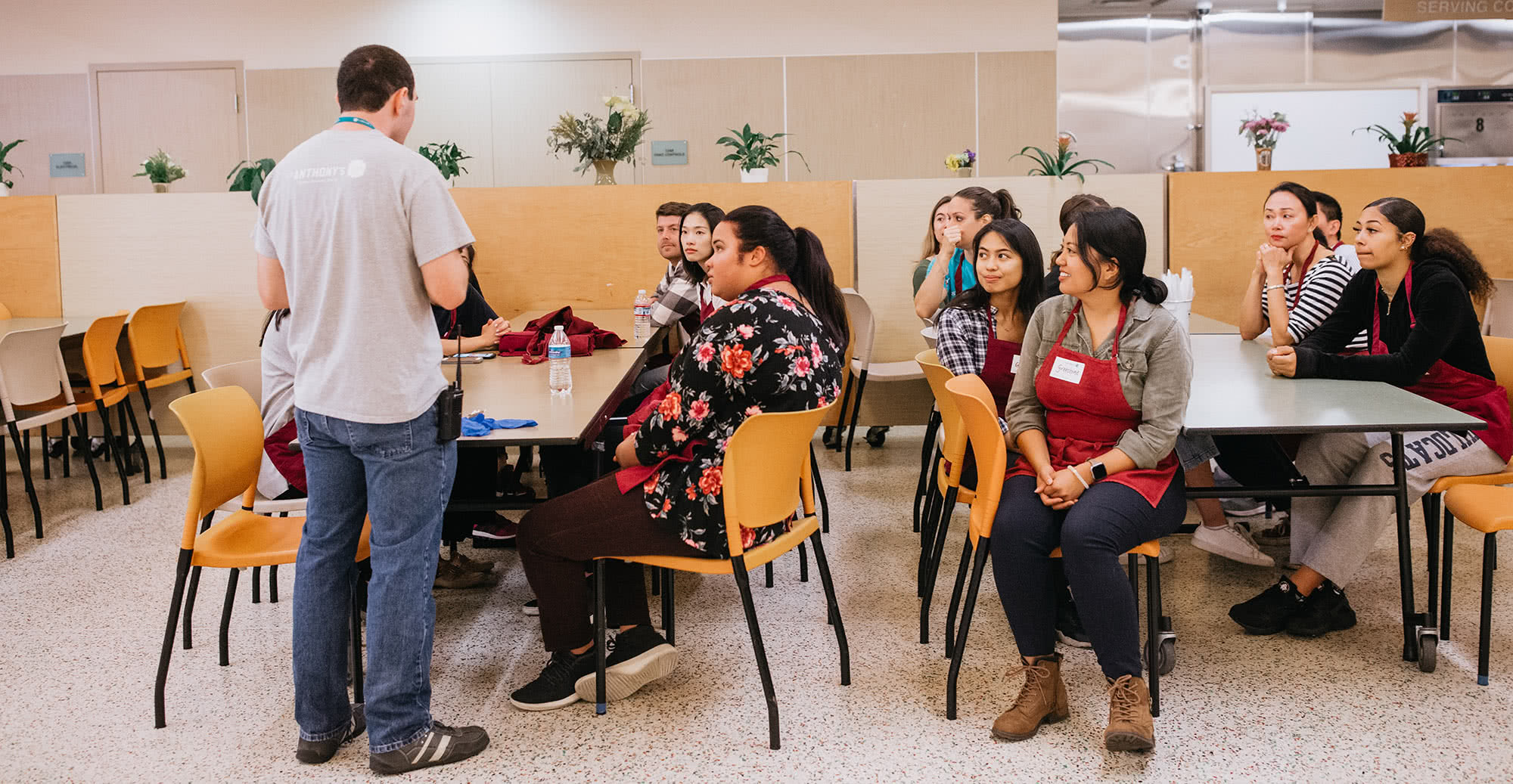1. Define your why
If you want to ignite the fire inside your attendees and build an event community, you need to emphasize why your event exists in the first place.
Ask yourself what purpose your event serves. Are you a nonprofit trying to rally passionate people around an important cause? Or are you a brand gathering industry thought leaders who’ll show professionals the way forward?
Push yourself at every turn to be as specific as possible, because the core purpose of your event will be the foundation everything will be built on — including your community.
Discover the “why” of your event and community in four questions:
- Why are you hosting this event? Why does it need to exist?
- Who is this event for? Why should they attend?
- How do you want them to feel? What do you want them to learn?
- What will be your call to action post-event? What will be the takeaways?
2. Spread the word and engage your community
No matter how much hard work goes into your community events, they won’t attract an audience on their own. A few random social posts might help sell some tickets, but if you want to attract a crowd, you’ll need a promotion plan.
You don’t need a huge marketing budget to reach potential attendees, you just need to know how to make the most of what you’ve got. So do your research on email, social, and other promotional channels, then put together a timeline (like this one) to make the biggest impact.
As you plan, keep these three event marketing hacks in mind:
- Add a personal touch to emails, social posts, and messages when possible
- Craft a clear and concise event description
- Enable community members with a promotional toolkit

3. Recruit speakers who align with your purpose
The people you hire to speak or perform at your event also play an important role in your strategy to build a community. Look for perspectives that will make your community event as interesting and diverse as possible.
Three ways to seek out speakers and talent that align to your purpose:
- Tap into your network. Think about the most inspiring, connected people you know and ask them for help. To make sure you don’t end up with too many people, ask them to make suggestions rather than connecting you outright.
- Look for lists. Start by looking at speakers who’ve participated in other events and conferences, as well as lists that celebrate highly accomplished professionals.
- Join groups. LinkedIn and Facebook groups can be invaluable in your search for speakers. Become a regular contributor so that when it comes time to promote your events, you have a built-in network of people who will be interested.
4. Partner with sponsors who will help you cross-promote
In general, sponsors are increasingly interested in deepening their interactions with event audiences in new and exciting ways. So do your research on local brands who’d be a good fit for your event’s purpose and mission, then partner with ones who are mutually interested.
From there, you can collaborate with your sponsors to help you enrich the on-site experience, as well as promote your event to larger audiences — whether through paid activations or by lending their social presence to boost your ads.




